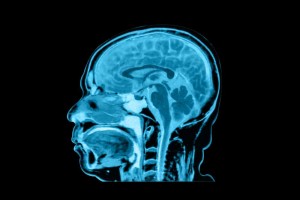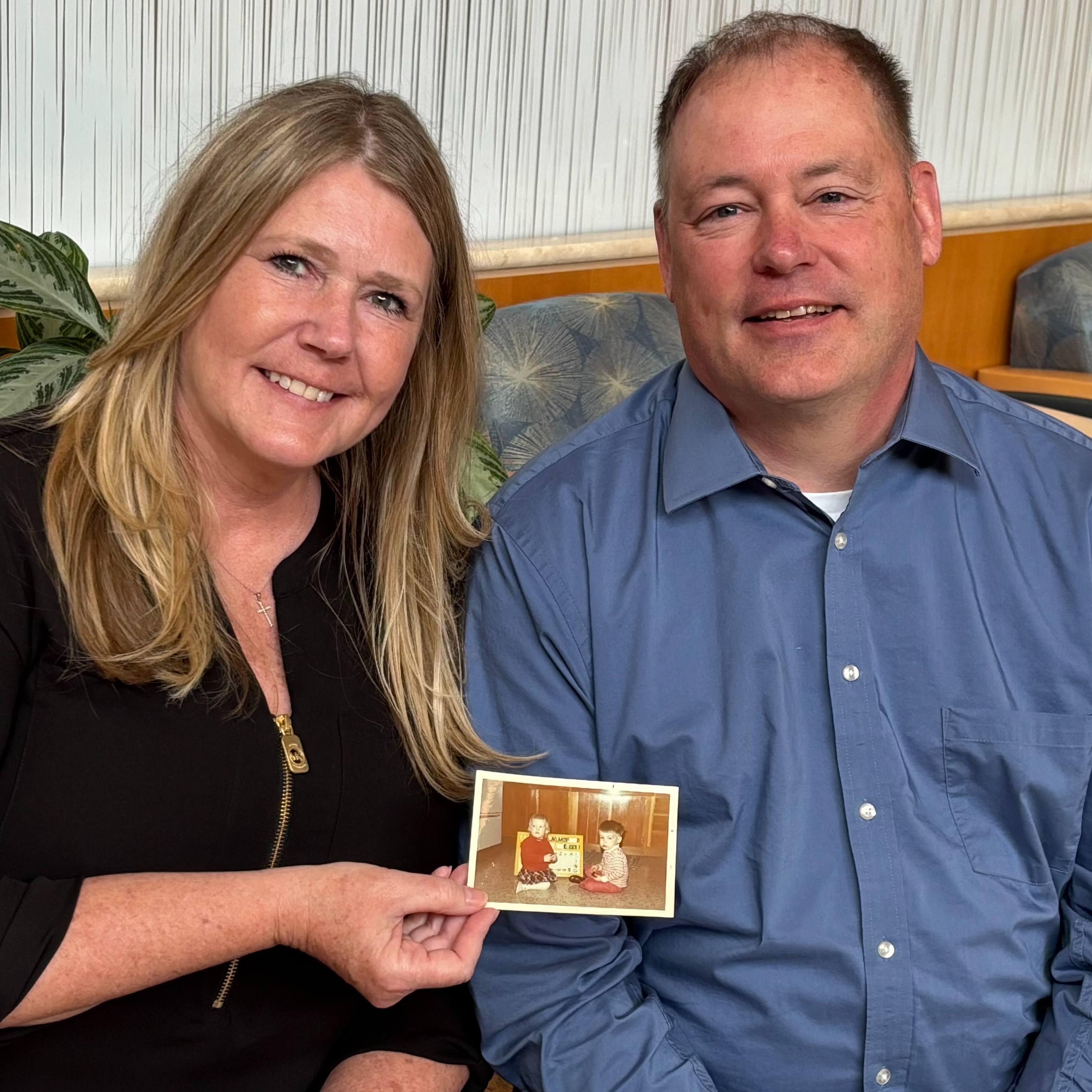-

Mayo Clinic Finds Direct Evidence of Gadolinium Deposition in Brain Tissues Following Contrast-Enhanced MRI Exams
 Rochester, Minn. - Mayo Clinic research finds direct evidence of gadolinium deposition in neuronal tissues following intravenous administration of gadolinium-based contrast agents used in MRI exams. The findings were recently published online in the journal Radiology.
Rochester, Minn. - Mayo Clinic research finds direct evidence of gadolinium deposition in neuronal tissues following intravenous administration of gadolinium-based contrast agents used in MRI exams. The findings were recently published online in the journal Radiology.
In this study, Mayo Clinic identified patients who donated their body to medical research and had undergone multiple gadolinium contrast-enhanced MRI exams during their lifetime. Brain tissue samples from these patients were then compared to donors who had never received a gadolinium contrast agent. The patients exposed to the gadolinium contrast had measurable quantities of gadolinium deposited in their brain tissue, whereas those never exposed to gadolinium had none. Researchers were able to directly measure gadolinium concentrations and visualize patterns of deposition in brain tissues. "Given that these agents are administered millions of times every year, this is an important discovery," says study author, Laurence Eckel, M.D., radiologist, Mayo Clinic.
MEDIA CONTACT: Rebecca Eisenman, Mayo Clinic Public Affairs, 507-284-5005, email: newsbureau@mayo.edu
“Despite evidence that trace amounts of gadolinium are depositing in neural tissues, there is currently no data to suggest that it's harmful to patients,” says Dr. Eckel. “These FDA-approved, gadolinium-based contrast agents provide critical information to radiologists and other physicians, enabling more accurate and timely diagnosis of disease. Such information is essential in guiding both medical and surgical decisions for best patient care,” he continues.
The Mayo Clinic Department of Radiology continues to recommend the use of gadolinium-based contrast agents whenever they are clinically appropriate based upon all available data.
“The findings challenge our understanding of how these agents distribute in the body following intravenous gadolinium contrast administration. These agents have been safely used for years, benefiting patients around the world," says Dr. Eckel. "We now simply have a few more questions that the medical and scientific communities will seek to answer. Efforts are underway to do just that.”
Key points for patients to consider:
- Tens of millions of patients have received gadolinium contrast without incurring any related health problems.
- Although research demonstrates deposition in brain tissues, no specific symptoms or diseases have been linked to this finding.
- If a patient has a medical condition requiring evaluation with MRI, the risk/benefit ratio still strongly favors administration of gadolinium in those cases when it is indicated.
- There is no known disease associated with gadolinium deposition in the brain. To date, the only known disease related to gadolinium injections is nephrogenic systemic fibrosis, a condition only occurring in a tiny subgroup of patients with renal failure.
- A patient or parent, as always, maintains autonomy to decline gadolinium administration; however, the quality and usefulness of the exam may be reduced.
###
About Mayo Clinic
Mayo Clinic is a nonprofit organization committed to medical research and education, and providing expert, whole-person care to everyone who needs healing. For more information, visit http://mayocl.in/1ohJTMS, or https://newsnetwork.mayoclinic.org/.







